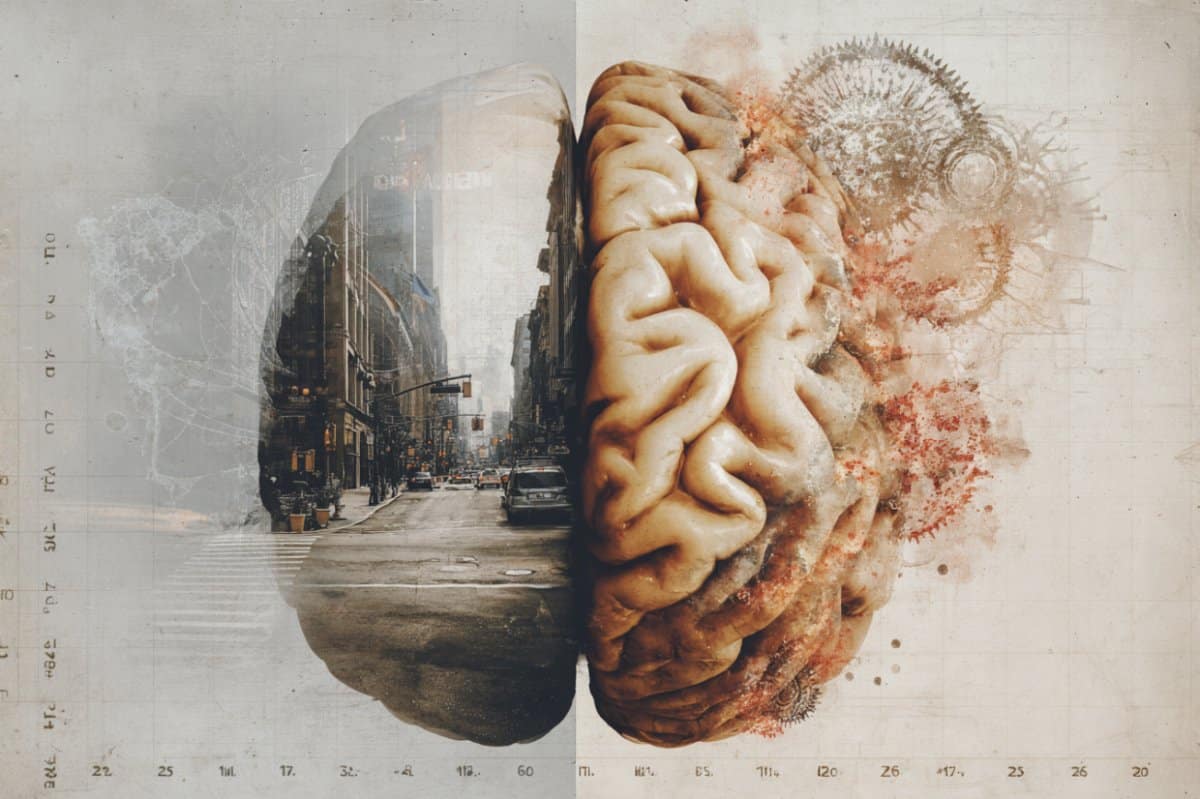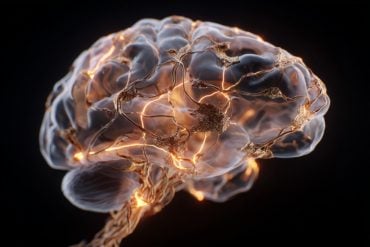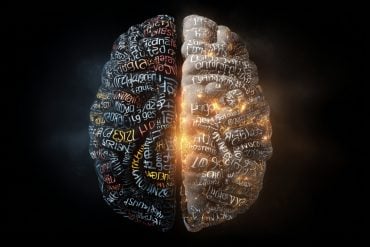Summary: Living through the Covid-19 pandemic may have accelerated brain ageing, even in people who were never infected, a new study finds. Brain scans of nearly 1,000 adults showed older, male, and disadvantaged individuals were most affected.
While only those infected showed measurable drops in thinking speed, the observed ageing effect may be reversible. The findings highlight how major societal stress can leave its mark on brain health.
Key Facts:
- Brain Ageing: Pandemic linked to faster brain ageing, even without infection.
- Who’s Affected: Older, male, and disadvantaged individuals showed greatest change.
- Hopeful Outlook: Ageing effect may be reversible over time.
Source: University of Nottingham
A new study, led by experts at the University of Nottingham, has found that the Covid-19 pandemic may have accelerated people’s brain health, even if they were never infected with the virus.
What does it mean to grow older, not just in years, but in terms of brain health? Can stress, isolation, and global disruption leave their mark on people’s minds?

The findings of this new study, which are published in Nature Communications, showed that people who lived through the Covid-19 pandemic showed signs of faster brain ageing over time than those scanned entirely before it. The changes were most noticeable in older individuals, in men, and in people from more disadvantaged backgrounds.
Only participants who were infected by Covid-19 between their scans showed a drop in certain cognitive abilities, such as mental flexibility and processing speed. This may suggest that the pandemic’s brain ageing effect, on its own (without infection) may not cause symptoms. Also, the authors highlight that the observed brain ageing may be reversible.
The study was led by a team of experts from the University’s School of Medicine and was supported by the National Institute for Health and Care Research (NIHR) Nottingham Biomedical Research Centre and the Medical Research Council (MRC) DEMISTIFI programme.
Dr Ali-Reza Mohammadi-Nejad led the study, he said: “What surprised me most was that even people who hadn’t had Covid showed significant increases in brain ageing rates. It really shows how much the experience of the pandemic itself, everything from isolation to uncertainty, may have affected our brain health.”
The research team looked at longitudinal brain scans from nearly 1,000 healthy adults, taken as part of the UK Biobank study. Some participants had scans before and after the pandemic; others, only before. Using advanced imaging and machine learning, the researchers estimated each person’s “brain age”—how old their brain appeared to be compared to their actual age.
The brain age model was developed using brain scans from over 15,000 healthy individuals, without comorbidities, allowing the researchers to build an accurate model for estimating brain age.
“This study reminds us that brain health is shaped not only by illness, but by our everyday environment,” said Dorothee Auer, Professor of Neuroimaging and senior author on the study.
“The pandemic put a strain on people’s lives, especially those already facing disadvantage. We can’t yet test whether the changes we saw will reverse, but it’s certainly possible, and that’s an encouraging thought.”
Stamatios Sotiropoulos, Professor of Computational Neuroimaging, and co-lead author added: “The longitudinal MRI data acquired before and after the pandemic from the UK Biobank gave us a rare window to observe how major life events can affect the brain.”
About this brain aging and COVID-19 research news
Author: Emma Thorne
Source: University of Nottingham
Contact: Emma Thorne – University of Nottingham
Image: The image is credited to Neuroscience News
Original Research: Open access.
“Accelerated brain ageing during the COVID-19 pandemic” by Ali-Reza Mohammadi-Nejad et al. Nature Communications
Abstract
Accelerated brain ageing during the COVID-19 pandemic
The impact of SARS-CoV-2 and the COVID-19 pandemic on brain health is recognised, yet specific effects remain understudied.
We investigate the pandemic’s impact on brain ageing using longitudinal neuroimaging data from the UK Biobank. Brain age prediction models are trained from hundreds of multi-modal imaging features using a cohort of 15,334 healthy participants.
These models are then applied to an independent cohort of 996 healthy participants with two magnetic resonance imaging scans: either both collected before the pandemic (Control groups), or one before and one after the pandemic onset (Pandemic group).
Our findings reveal that, even with initially matched brain age gaps (predicted brain age vs. chronological age) and matched for a range of health markers, the pandemic significantly accelerates brain ageing. The Pandemic group shows on average 5.5-month higher deviation of brain age gap at the second time point compared with controls.
Accelerated brain ageing is more pronounced in males and those from deprived socio-demographic backgrounds and these deviations exist regardless of SARS-CoV-2 infection.
However, accelerated brain ageing correlates with reduced cognitive performance only in COVID-infected participants.
Our study highlights the pandemic’s significant impact on brain health, beyond direct infection effects, emphasising the need to consider broader social and health inequalities.






